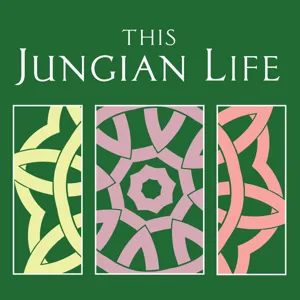Jung's concept of the collective unconscious emphasized the universal psychological substrate common to all humans. While he acknowledged the effects of the cultural unconscious, his work, at times, fell into the trap of perpetuating oversimplified and racially prejudiced stereotypes. Jung's writings that refer to Africanist peoples, in particular, suffer from offensive assumptions. Dr. Fanny Brewster, Jungian analyst and author, searches for the healing cultural elements in the dreams of the African diaspora. Dreams have always been important in traditional African cultures. In Zimbabwe, the traditional healer, or sangoma, is called to the work by a dream that features a snake. For the Xhosa, dreams were how the ancestors communicated their wisdom. Today, most of us are cut off from our ancestors, but they remain a potential source of strength and healing. Dr. Brewster has undertaken the work of renewing and widening Jungian thought to include Africanist perspectives. She addresses the importance of community as we go about the necessary work of evolving consciousness.
Fanny Brewster, Ph.D., M.F.A. is a Jungian analyst, Professor of Depth Psychology at Pacifica Graduate Institute, and member analyst with the Philadelphia Association of Jungian Analysts. She is a multi-genre writer who has written about issues at the intersection of Jungian psychology and American culture. Her most recent book is The Racial Complex: A Jungian Perspective on Culture and Race. (Routledge, 2019).
Learn More about Fanny Brewster, Ph.D. HERE: https://fannybrewster.allyou.net/5026448
Check Out Her Books HERE: https://bookshop.org/lists/fanny-brewster-dreams-the-ancestors-and-community
Try new stuff:
Learn to interpret dreams: https://thisjungianlife.com/join-dream-school/
Please support us on Patreon (keep us free of corporate influence): https://www.patreon.com/ThisJungianLife
Share your dream with us: https://thisjungianlife.com/share-your-dream/
Suggest a podcast topic: https://thisjungianlife.com/podcast-form-topics/
Get some TJL merch: https://www.zazzle.com/store/thisjungianlife/products
Talk to Us:
YouTube: https://www.youtube.com/watch?v=8Q8IG87DsnQ
Instagram: https://www.instagram.com/thisjungianlifepodcast
Twitter: https://twitter.com/ThisJungianLife
Facebook: https://www.facebook.com/ThisJungianLife/
LinkedIn: https://www.linkedin.com/in/thisjungianlife/




